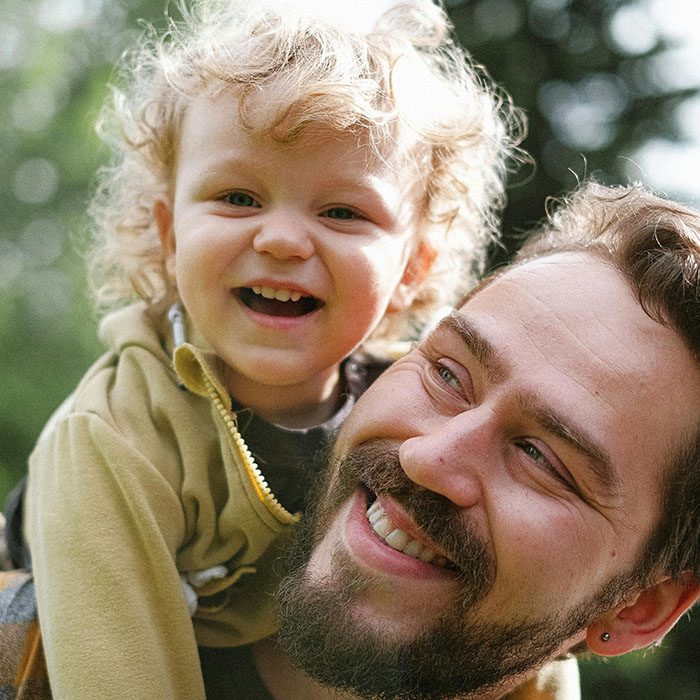
Every parent knows the joy of witnessing their child’s first toothless smile. As those tiny teeth start to make their appearance, questions arise. Are baby teeth the same as adult teeth? Do they require different care? This blog post by Elite Smiles Pediatric Dentistry will explore the differences between baby teeth and adult teeth, outline why proper dental care is crucial from the start, and provide practical tips to keep your child’s smile healthy and bright.
The Journey of Baby Teeth Baby teeth, or primary teeth, start to emerge around six months of age. These small but mighty structures pave the way for adult teeth. Unlike permanent teeth, baby teeth are smaller and have thinner enamel, making them more susceptible to cavities and decay.
Why Baby Teeth Matter Many parents might think that because baby teeth are temporary, they don’t need as much care. However, baby teeth play a vital role in your child’s overall oral and general health. They help with chewing, speaking, and maintaining the correct space for adult teeth. Neglecting baby teeth can lead to misalignment issues and other oral health problems.
Differences in Structure Baby teeth differ from adult teeth in several fundamental ways:
- Size and Shape: Baby teeth are smaller and more rounded compared to larger, more angular adult teeth.
- Enamel Thickness: The enamel on baby teeth is thinner, making them more vulnerable to wear and decay.
- Number: Children typically have 20 baby teeth, whereas adults have 32 teeth, including wisdom teeth.
Eruption Timeline Baby teeth generally emerge between six months and three years of age and fall out between ages six and twelve. Adult teeth begin to emerge around age six and continue to appear until about age 21.
Essential Care for Baby Teeth Proper dental care should start even before the first tooth appears. Wipe your baby’s gums with a soft, damp cloth after feedings. Once teeth emerge, use a small, soft-bristled toothbrush and a tiny smear of fluoride toothpaste.
Common Issues with Baby Teeth Baby teeth are prone to issues like cavities and early decay, often due to prolonged exposure to sugary liquids, such as milk or juice, especially when used in bedtime bottles.
First Dental Visit The American Academy of Pediatric Dentistry recommends scheduling your child’s first dental visit by their first birthday. Regular check-ups help in the early detection of potential issues and instill good dental habits early on.
Transitioning to Adult Teeth Around age six, your child will start losing their baby teeth, making way for adult teeth. This period, known as mixed dentition, requires maintaining good oral hygiene to ensure the healthy development of adult teeth.
Oral Hygiene Tips for Kids Teaching your child proper oral hygiene practices is essential. Make brushing and flossing a fun activity with songs, games, or special toothbrushes to keep them engaged. Lead by example, showing them that taking care of your teeth is a lifelong commitment.
Diet and Dental Health A balanced diet plays a significant role in maintaining healthy teeth. Limit sugary snacks and drinks, and encourage foods rich in calcium and phosphates, which strengthen enamel. Incorporate fruits, vegetables, dairy products, and lean proteins into your child’s diet.
Conclusion Understanding the differences between baby teeth and adult teeth is crucial for ensuring your child’s long-term oral health. Starting good dental habits early sets the foundation for a lifetime of healthy smiles. Your child’s teeth may be small, but their impact on overall health and well-being is significant. For personalized advice and more tips on maintaining your child’s dental health, consider scheduling a consultation with Elite Smiles Pediatric Dentistry.
Happy brushing!
Contact Elite Smiles Chastain Pediatric Dentistry:
Location
